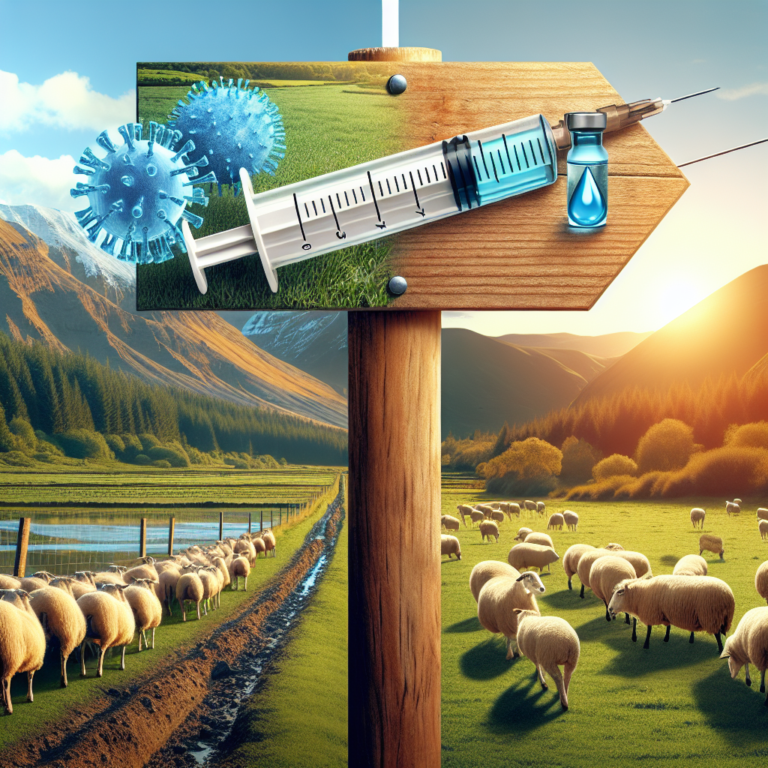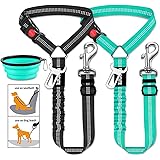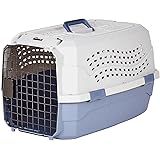Vaccines play a crucial role in preventing the spread of infectious diseases in livestock. Livestock, such as cows, pigs, chickens, and sheep, are susceptible to a wide range of diseases that can have devastating effects on animal health and productivity. Vaccines help to protect animals from these diseases, reducing the risk of illness and death, and safeguarding the health and well-being of the entire herd or flock.
One of the primary reasons why vaccines are so important in livestock disease prevention is their ability to stimulate the animal’s immune system to produce antibodies against specific pathogens. When an animal is vaccinated, a small amount of the pathogen is introduced into the animal’s body, which triggers an immune response. The immune system then produces antibodies to fight off the pathogen, providing long-lasting protection against future infections.
By vaccinating livestock against common diseases, farmers can reduce the incidence of illness within their herds and flocks. This not only improves animal welfare but also helps to maintain the productivity and profitability of the farm. Disease outbreaks can be costly, resulting in loss of livestock, decreased production, and increased veterinary bills. Vaccines act as a cost-effective tool for disease prevention, reducing the need for costly treatments and minimizing economic losses.
Furthermore, vaccines also play a critical role in preventing the spread of infectious diseases from animals to humans, known as zoonotic diseases. Diseases such as brucellosis, salmonellosis, and avian influenza can be transmitted from livestock to humans through direct contact or consumption of contaminated meat or dairy products. Vaccinating livestock against these diseases helps to reduce the risk of zoonotic transmission, protecting both animals and humans from illness.
In addition to protecting individual animals and reducing the risk of disease transmission, vaccines also contribute to overall herd/flock health and productivity. Healthy animals are more likely to reach their full growth potential, produce high-quality products, and generate higher profits for farmers. Vaccines help to keep animals healthy and free from disease, allowing them to thrive and contribute to the success of the farm operation.
In conclusion, vaccines are a vital tool in livestock disease prevention, helping to protect animals from a wide range of infectious diseases, reduce economic losses, and promote overall animal health and welfare. Farmers should work closely with their veterinarians to develop a vaccination program tailored to their specific livestock and production system, ensuring that all animals receive the necessary protection against common diseases. By prioritizing vaccination as part of their animal health management practices, farmers can help to safeguard the health and productivity of their livestock and contribute to the sustainability of the livestock industry.










